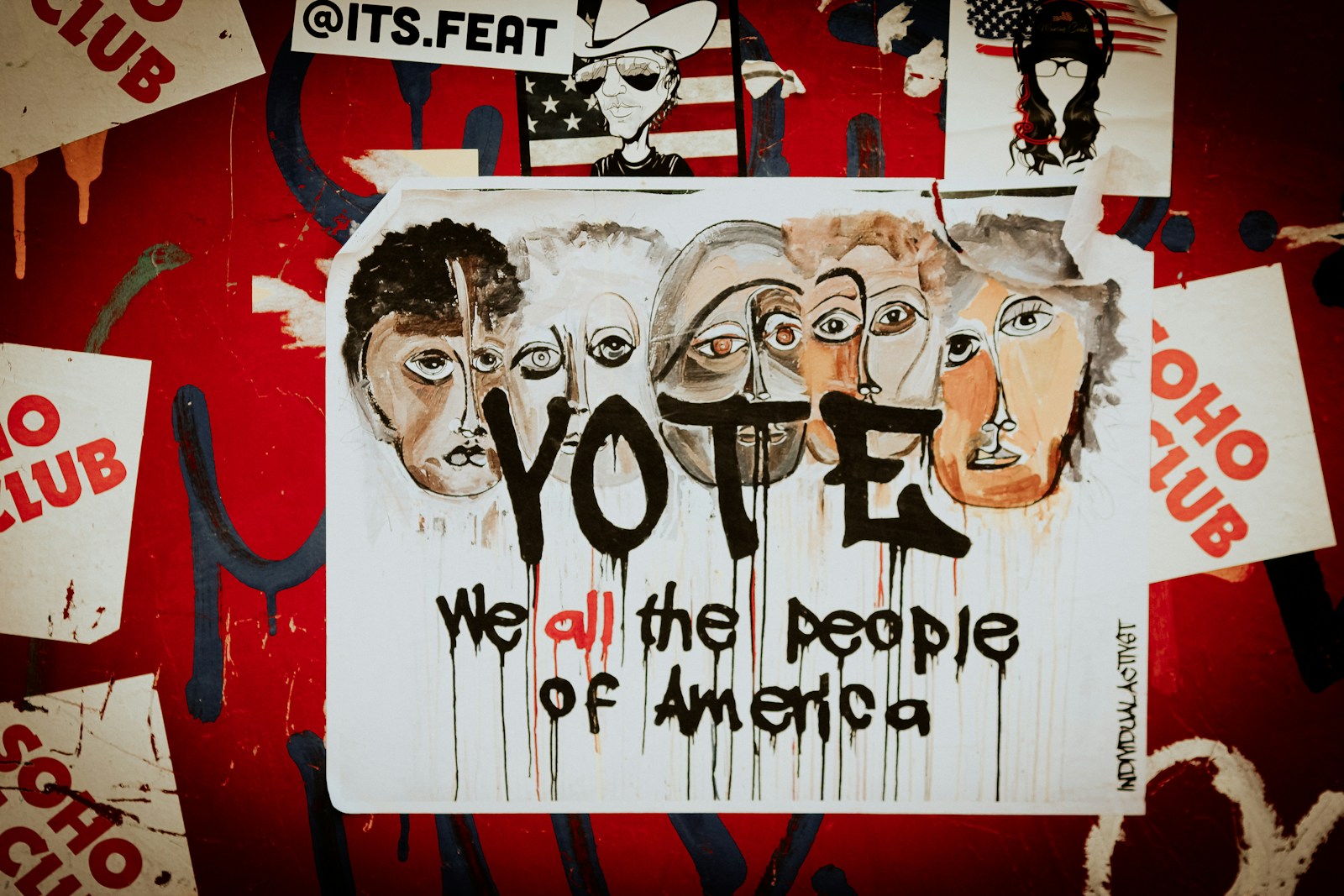
voto

vote
The Spanish word for 'vote' is 'voto'. It is used in the same context as in English, referring to the act of expressing a formal indication of choice in decision-making situations such as in elections or referendums. The plural form is 'votos'. For example, 'Mi voto es secreto' translates to 'My vote is secret'.
Example sentences using: voto
El voto es secreto.

The vote is secret.
This phrase refers to the principle of secret ballot, where the choice of the voter is confidential.
Necesito tu voto.

I need your vote.
This phrase is often used when someone is looking for support in an election or a similar environment, and is asking for someone's vote.
Mi voto es mi voz.

My vote is my voice.
This phrase is a civic principle that exemplifies the power of each person's vote as being representative of their opinion or preference.
Cada voto cuenta.

Every vote counts.
This phrase embodies the democratic principle that each and every vote carries weight and significance, regardless of who the voter is.
Perdió por un voto .

He lost by one vote.
This phrase means that the person in context lost an election or competition by just one vote. It's an expression that highlights the importance of every single vote.
Yo voto por ti.

I vote for you.
This phrase is typically used during an election or competition, showing support for a specific person.
¿Dónde puedo emitir mi voto?

Where can I cast my vote?
This phrase would commonly be used in a voting context when someone is asking for the place where they are supposed to vote.
El voto es un derecho fundamental.

The vote is a fundamental right.
This phrase refers to the basic human right of each citizen to participate in their country's election by voting.
Tu voto puede marcar la diferencia.

Your vote can make a difference.
This phrase encourages people to vote, underlining the concept that individual votes can impact the results.
Es tu voto.

It's your vote.
This phrase emphasizes personal choice, stating that the decision to vote, as well as who to vote for, is ultimately up to the individual.